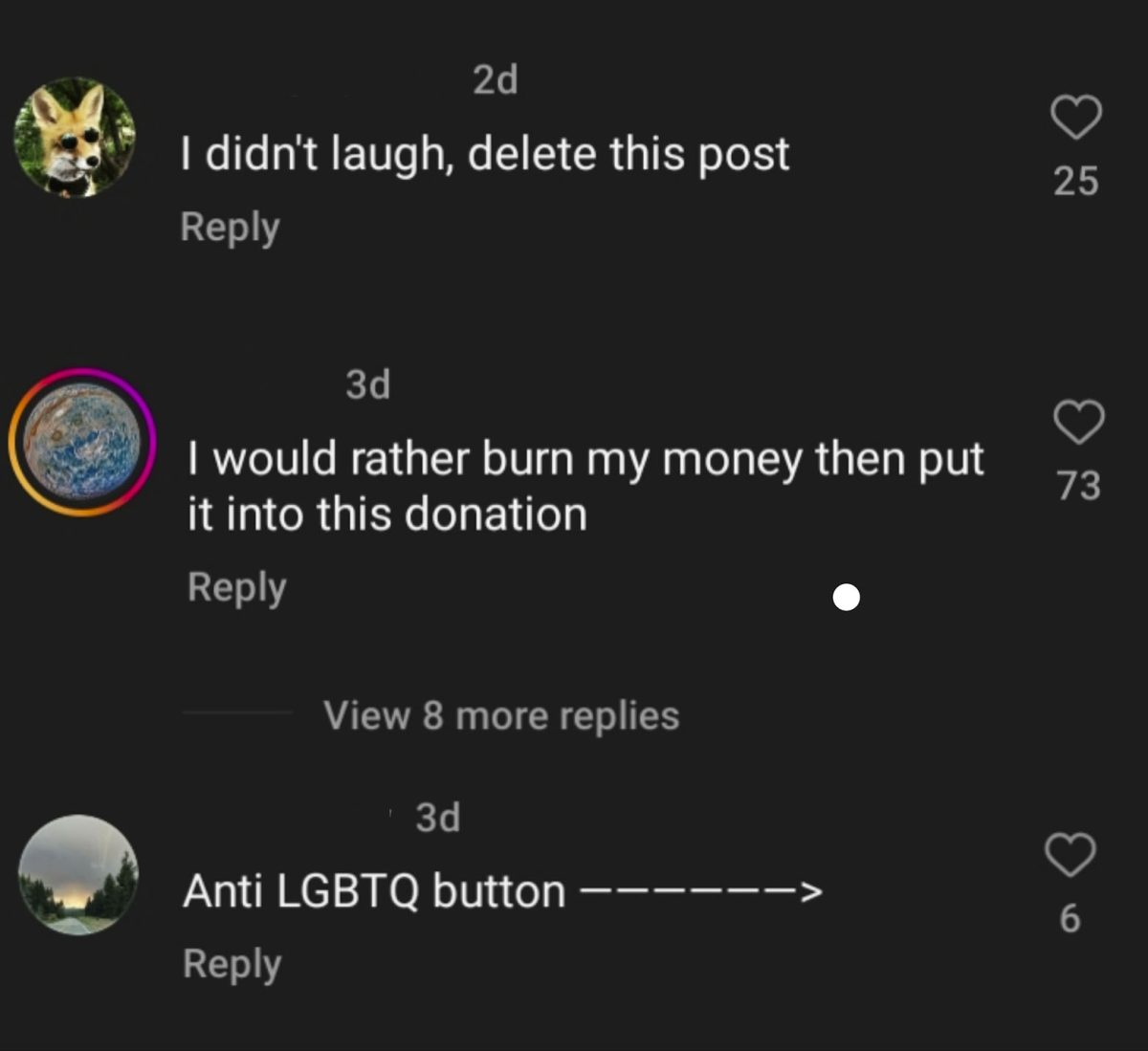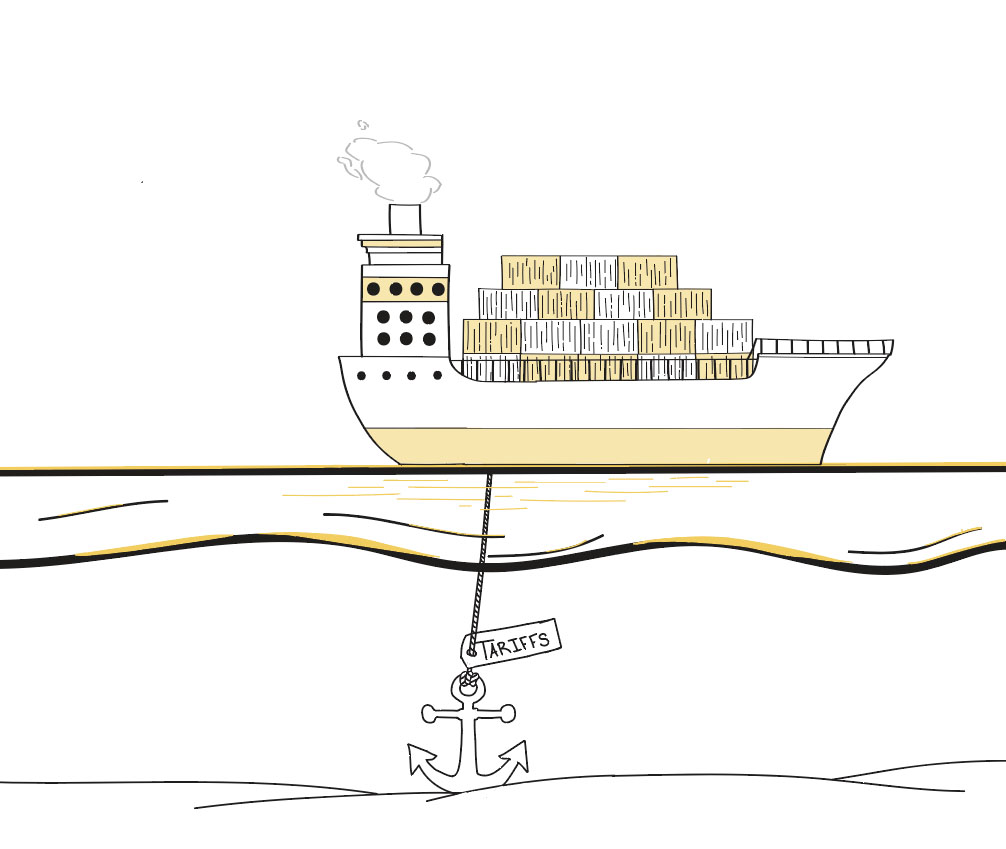The internet, at a surface level, seems safe to use. In a perfect world, online communication would be comfortable and enjoyable, with very few problems occurring between its users. This unfortunately is not the case, however, as the internet is riddled with cyberbullying. The Oxford dictionary defines cyberbullying as “the use of electronic communication to bully a person, typically by sending messages of an intimidating or threatening nature.” Cyberbullies are commonly cruel and dangerous people that aim to hurt and harass others, sometimes even those who they do not know, out of frustration or boredom. By simply posting a hateful or negative comment, they leave harmful, lasting impacts that can’t be solved by blocking or deleting comments.
According to a research performed by the Pew Research Center, more than half of people ages 12-17 have claimed to be cyberbullied at some point in their life, and they reported that this number is skewed with many kids being too afraid to speak publicly about their situation. These numbers got significantly worse during lockdown, with researchers noticing a 90% increase from 2020 to 2021. Cyberbullying can have bad effects on anyone, but it hits young people the hardest. A study run by psychologist and professor Charisse L. Nixon, who focuses on all forms of peer mistreatment, found that adolescents that are exposed to cyberbullying can have stunted mental development, specifically finding that those who experienced high amounts of cyberbullying were also highly likely to be depressed.
In many cases, cyberbullies are able to successfully do as they wish. This is because they have been granted the ability of anonymity. On many social media sites, you are given the option to hide your personal and identifiable information, such as your name, appearance, age, and more. While anonymity is important in containing the privacy of users, it has inadvertently ruined the culture of the internet by making it much easier for cyberbullies to hide behind the comfort of a screen and avoid consequences. On top of this, a Swedish study run by psychologists Ann Frisén, Peter K. Smith, Robert Slonje showed that cyberbullies are less likely to show remorse for their actions when compared to real life bullies. They hypothesized that this is due to there being less face-to face contact between bully and victim, along with less chance to face consequences.
Cyberbullying can take many different forms, the most prevalent of which is harassment. Harassment occurs when a user constantly sends messages with the intention to harm. Harassment does not have a concrete definition, as it can come in many different forms of varying severity. Common forms of harassment include insults and threats. For example, if someone were to consistently message you things about your appearance or personality, insulting and tearing you down, you are being cyberbullied.
Thankfully, internet users do have ways of fighting back against cyberbullies. Most forms of communication through the internet, most notably texting or social media, provide privacy settings for users. Users are able to limit who can and can’t message them. If this doesn’t work, users are also able to block other users that cause them problems.
However, these security measures might not last forever. In a controversial move, the social media site Twitter announced that they were planning on removing the ability to block posts from users. While this move was met with much backlash, it is currently being implemented. This move will only further damage the app, and its reputation. If it is allowed to go through, it will set a new precedent that no longer ensures the safety of users going forward.
The longer cyberbullying remains unmoderated, the worse it will continue to get. It is common for cyberbullies to spread hatred in comment sections of popular videos and posts, especially those that feature controversial topics or anything relating to minorities. Cyberbullies are empowered by a lack of consequences, therefore it is our responsibility as internet users to call out and fight back against cyberbullying when we see it.





















